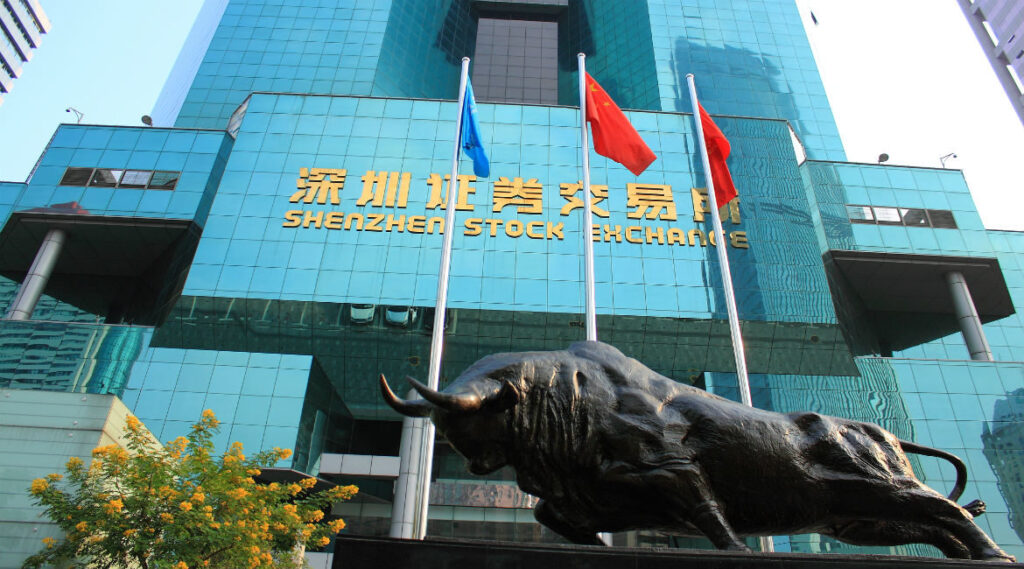Chinese stocks are back in. The recovery speculation has a basis. You shouldn’t overestimate them.

Since China abandoned its strict anti-Covid policy, Chinese stocks are said to be in demand again. Since Christmas, the CSI 300 Chinese stock index has risen nearly 5 percent, more than, say, the S&P 500, which has risen just under 2 percent over the period.
However, the German stock index Dax and the British FTSE rose at a similar rate over the same period, and the Eurozone Euro Stoxx 50 index even more so. Either the factors specific to China are not so decisive for China or the European stock exchanges are taking advantage of China’s hopes.
Especially since price gains in China began at the end of October, shortly after Xi Jinping cemented his position as the leader of the Chinese state and prices fell 10 percent in the second half of October.
Perhaps this is exactly what caused the Chinese stock market to delay the mood swings in other markets. Whichever way you look at it – the CSI-300 is up 15 percent since the beginning of November, so it’s outperforming the F.A.Z with an increase of 12.5 percent.
In short: Chinese stocks are back in fashion, and the end of self-isolation and the effective advertising of Chinese politicians are fueling hopes that China can once again become the engine of the global economy. According to the National Bank of China, subsidies to consumers and businesses should restore growth to old levels.
And really: leadership is antiseptic. Shares of internet giant Alibaba rebounded on a rally in technology stocks on Monday after the party secretary at the National Bank announced that the crackdown on the industry would end.
The fact that the head of Ant Financial, Jack Ma, who had practically disappeared from view for years, suddenly reappeared just to hand over management of the group was a side note.
In any case, analysts at Goldman Sachs believe that the recent rally will continue. Another addition of 15 percent is possible. Low ratings have a supportive effect in addition to political measures.
For Alibaba, for example, the worst is over, so the investment bank added the stock to its list of favorite stocks. According to forecasts, advertising revenue will soon recover. Morgan Stanley is also convinced that regulatory pressure will ease.
And because Alibaba has been the focus in recent years, it will benefit — a view shared by other investment banks. However, price expectations, averaging HK$134.85 recently, are well below previous highs.
China’s new business friendship has an advantage. The amount of municipal bonds to finance infrastructure is set to reach a record high and the deficit target should be increased.
$2 trillion in such bonds will mature in the coming years, though municipalities have recently lost tax revenue from selling building land and companies have had to grant tax breaks, while tough anti-Covid politics have swallowed up large sums of money.
The rally is likely to continue in the coming days, and it remains to be seen how far it will eventually go and whether there is a risk of renewed crossfire from politics. Meanwhile, the steering seems to at least feel like it’s in the saddle again that it’s not afraid of experiencing a major loss of control.
In this regard, the rally has a basis, at least in the short term. And politics, such as American efforts to isolate China or the underlying tensions surrounding Taiwan, are always seen by stockbrokers as exhausting, unevaluable background music. And what you can’t evaluate is irrelevant – residual risk, black swan. Even if there are also signs of relaxation currently.

